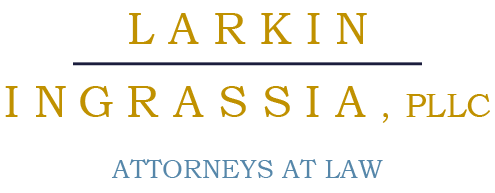The seriousness of a DWI charge in New York is all too familiar to anyone that has been through the system. Each year it seems that the legislature puts new rules in place that increase the penalties for those who are convicted. Drivers under the age of 21 also need to know about some of the challenges that they may be facing, as there are many issues that could have possible negative consequences for those under 21.
New York is a zero-tolerance state, which means that a driver under the age of 21 is not allowed to have any alcohol present in his or her bloodstream. Drivers who are suspected of driving under the influence, but not demonstrating obvious signs of impairment, cannot be charged with Driving While Intoxicated. However, police may hold these drivers until a chemical test can be administered.
There are different penalties in place depending upon the driver’s eventual blood-alcohol content (BAC). A driver under age 21 with a BAC between .02 and .06 percent could be facing a potential six-month license suspension along with a $125 fine. If the driver’s BAC is .07 percent or above, it is possible that his or her license could be revoked for one year. In addition, the underage driver with a .07 or higher will also be facing similar punishments for those 21 or older.
For repeat offenders, the consequences are even more severe. Drivers may have their licenses revoked for one year, or until they turn 21, whichever is longer. They will also be subject to any punishments facing first-time offenders, again depending upon their BAC.
Youthful offenders that are being accused of drinking and driving need to carefully consider the options available to them. Refusing a chemical test may subject a driver to penalties that are not applicable in his or her situation.


